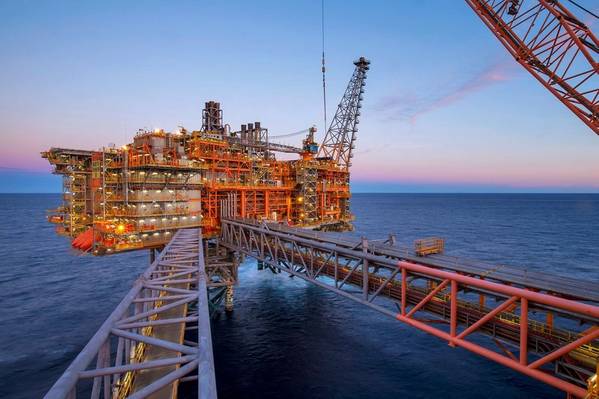
Woodside Energy on Thursday reached an in-principle agreement with unions at Australia's largest LNG project, potentially averting a disruption to supplies from the world's biggest exporter of the super-chilled fuel.
Both Woodside and the union alliance representing workers at the offshore platforms of its North West Shelf facility announced the initial deal in separate statements after a round of talks both sides deemed positive.
Workers are now meeting to decide whether to ratify the deal, union alliance spokesperson Brad Gandy said.
"It's pleasing that Woodside has made our members a strong offer without industrial action being taken," Gandy added in a statement.
In its statement, Woodside said it would continue to work with the unions to finalise the agreement.
"Substantial progress was made at talks held on Wednesday and the parties have reached in-principle agreement on a number of issues that are key to the workforce," it added.
The project in Western Australia, along with the Gorgon and Wheatstone LNG facilities of Chevron Corp, account for about one-tenth of global supplies.
Workers at Chevron's facilities are also considering industrial action, and the combined threats had supported LNG prices over the past few weeks.
The union alliance is balloting Chevron workers on possible action and the first round of results from there are due on Thursday.
The Woodside workers unions had threatened to strike as early as Sept. 2 unless their demands for better pay and conditions were met.
"All indications at the moment look promising that strike action at the North West Shelf will be avoided," Warren Patterson, head of ING's commodity research, wrote in a note.
"This suggests that we could see a further sell-off in European gas and Asian LNG prices today."
Dutch wholesale gas prices extended early losses on Wednesday, driven by strong inventories though potential strikes at Australian LNG plants were also in focus.
Asia spot LNG prices remained supported at above $14 per million British thermal units at Wednesday's close, with traders still cautious about LNG supplies from Australia.
Energy analyst Saul Kavonic said there was still a risk of industrial action at Chevron's facilities, but it was unlikely to significantly disrupt supplies.
Any disruption could slow the exports of the super-chilled fuel from Australia, forcing Asian buyers to outbid European buyers to attract cargoes.
(Reporting by Renju Jose in Sydney and Florence Tan in Singapore; Editing by Sonali Paul and Stephen Coates and Miral Fahmy)